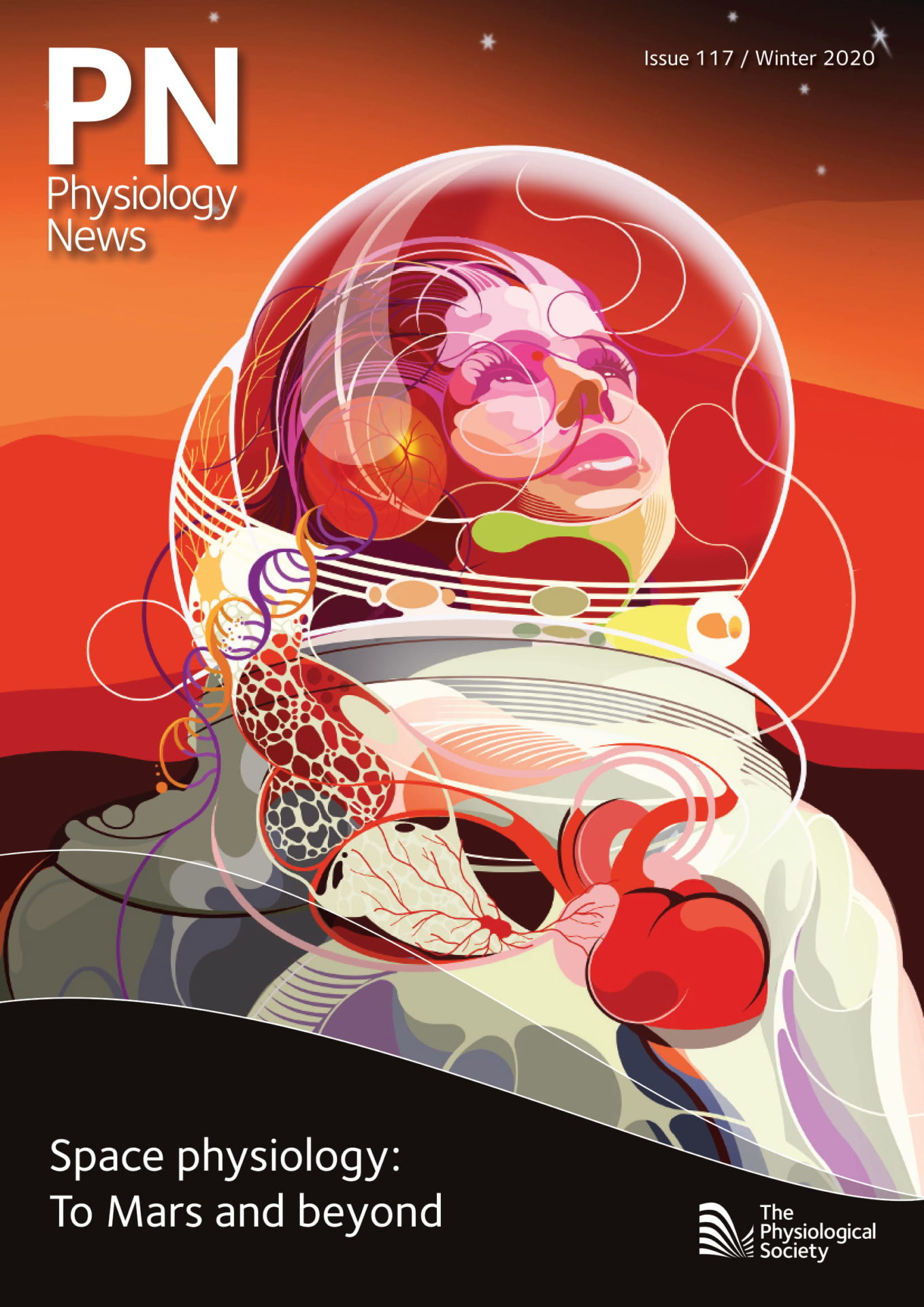
Physiology News Magazine
Why research space physiology?
We asked space physiologists around the world to tell us about their research, and what inspired them to pursue research into the worlds beyond our own.
Membership
Why research space physiology?
We asked space physiologists around the world to tell us about their research, and what inspired them to pursue research into the worlds beyond our own.
Membership
https://doi.org/10.36866/pn.117.44
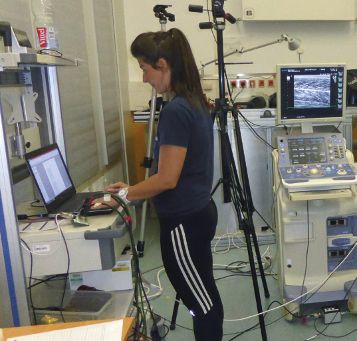
Julia Attias
Manchester Metropolitan University, UK
To understand what happens to our body in extreme environments, we first have to understand more fully how it functions in a normal environment. As gravity is the fundamental contributor to why humans have evolved as they have, we can glean extensive physiological knowledge by studying exposure to environments that lack it.
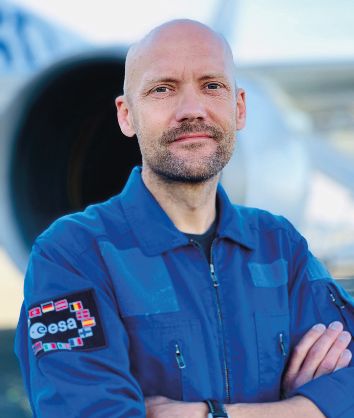
Carsten Lundby
Lillehammer University College, Storhove, Norway
I have for a long time been interested in how physical exercise and inactivity affect human physiology, and specifically studying the latter in space. Our long-term goal is to quantify blood volume in space. In my opinion, this is a much overlooked factor that may prove important to monitor during prolonged missions to for example Mars. We have developed an automated blood volume analyser – the Detalo Performance – and thus far have tested our equipment during parabolic flights that deemed our device as effective for our mission.
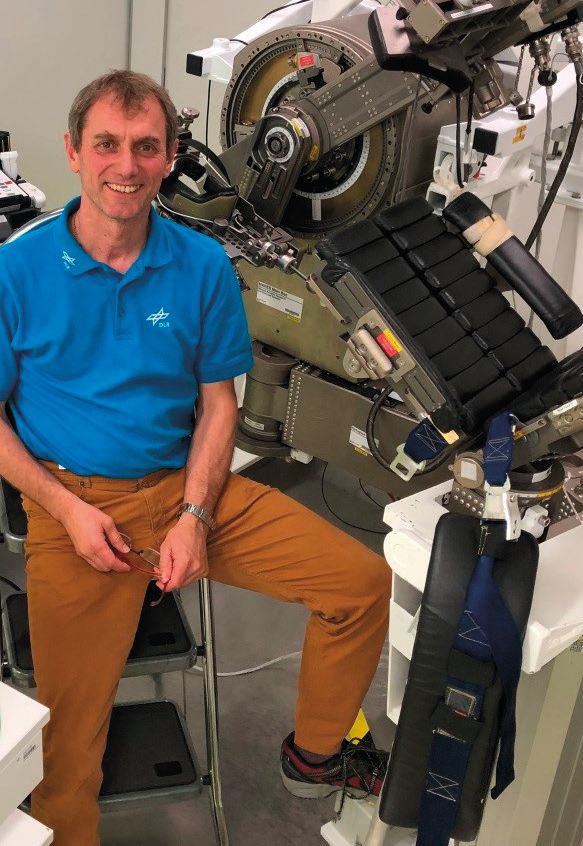
Jörn Rittweger
German Aerospace Center (DLR), Cologne, Germany
Space physiology fascinates me for several reasons: its foundation on science and engineering, the opportunity to study organismic responses to extreme challenges, and not least the opportunity for discoveries that matter to medicine on Earth. For example, we found in bed rest studies (a ground-based model of microgravity) that resistive vibration exercise can prevent muscle wasting and bone loss. This is not as trivial as one might think, as the effort required for preservation is much greater in bed and in space than in a normal 1 G environment. Strangely, the countermeasure is not based on suppressing exaggerated bone resorption, but rather by fostering bone formation to match the resorptive boost.
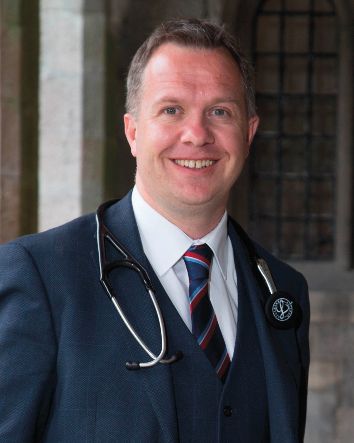
Derek O’Keefe
NUI Galway, Galway, Ireland
A Martian day (referred to as a sol) lasts 24.65 h rather than the 24 h day on Earth. As part of a team, I carried out an experiment on sleep disruption and sleep deprivation in a Martian analogue base in the high arctic, where there is continuous sunlight. Our summary thoughts were that while subjective data demonstrate improved sleep and alertness during the sol, objective data demonstrate no significant alteration of sleep patterns. Importantly there was no apparent cognitive decline over the course of the mission.

Damian Bailey
University of South Wales, Pontypridd, UK
Astronauts returning from long-term spaceflight encounter a variety of health problems that are similar to those found in the elderly (accelerated ageing). Spaceflight-associated neuro-ocular syndrome (SANS), related to a build-up of pressure inside the brain, is considered the top health risk for long-duration spaceflight. Our research is the first to demonstrate that gravitational transitions result in a minor opening of the blood-brain barrier due to the combined effects of increased blood flow especially to the back of the brain and the formation of free radicals, invisible molecules floating around the blood stream.
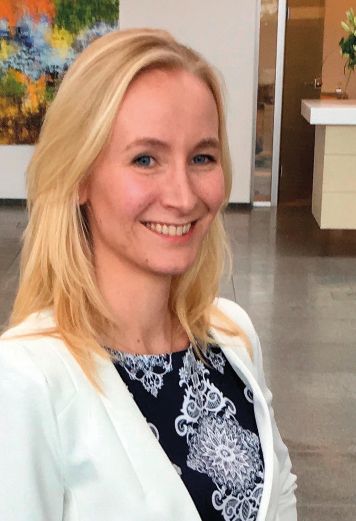
Lonnie Petersen
University of California San Diego, San Diego, USA
I am fascinated by space as a scientific platform which allows us to generate knowledge about human physiology we could not learn in other ways. Through our efforts to develop and test counter-measures to reduce pressure and volume overload in the brain of astronauts during long-term spaceflight, we have also uncovered the significant clinical potential of the same intervention for patients on Earth with disrupted brain pressure regulation, such as following head trauma or stroke. The aim of my work is to maintain human health during exploration class missions, but I am equally excited about the spin-down applications which really increases my target patient population from a select few space-travelers to include millions of patients here on Earth.
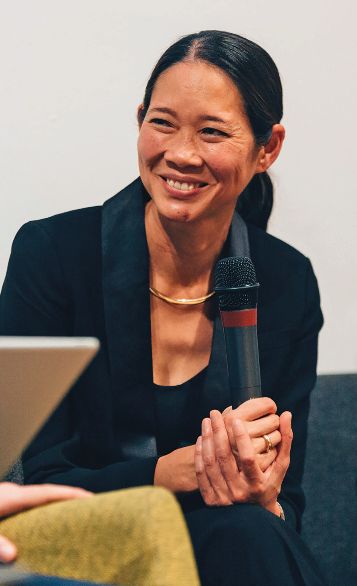
Thu Jennifer Ngo-Anh
European Space Agency (ESA), Netherlands
I have both a medical and a neuroscience background; understanding how the body, and specifically brain, works has always interested me. Space is the most extreme environment one can think of; studying the changes that the body and mind go through when exposed to the space environment is therefore extremely fascinating. What I find most striking is to see how the human body is able to adapt very quickly and efficiently to all the changes caused by the space environment. There has not been a single crewmember who has not adapted to microgravity and space conditions! Understanding what happens and identifying countermeasures to mitigate those risks and changes is something that is not only relevant for enabling future safe and sustainable missions into deep space, but also has very practical applications for life on Earth. In addition, we have and will learn a lot about ourselves! I am convinced we will continue to do so with the human spaceflight activities that are in the works.
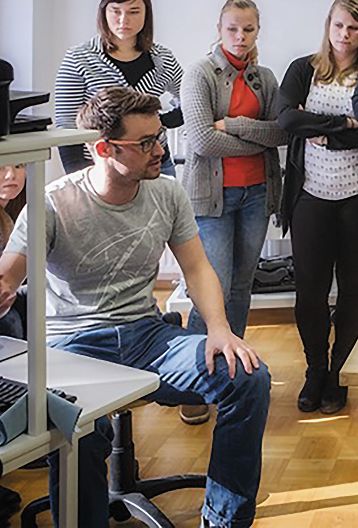
Adam McDonnell
Institute Jozef Stefan, Ljubljana, Slovenia
I’ve always been interested in extreme human performance. When I was younger I read essentially any book I could about the first polar explorers which seemed remote and I suppose at the time almost as isolating as spacefarers. Quite fascinatingly, more people have been to space now than have circumnavigated the globe solo by sail. When I was a teenager and then in college I was drawn to Olympic athletes and to the feats they could perform. But it was in my final year I started to realise that the human race survived by a collective ability to perform and explore rather than by advances of any one very talented individual. This is where my love for understanding how humans as a species perform in adverse environments came from. The space aspect slowly grew on me from there and I’ve spent the last 13 years investigating space life science and its translational role to earth.
